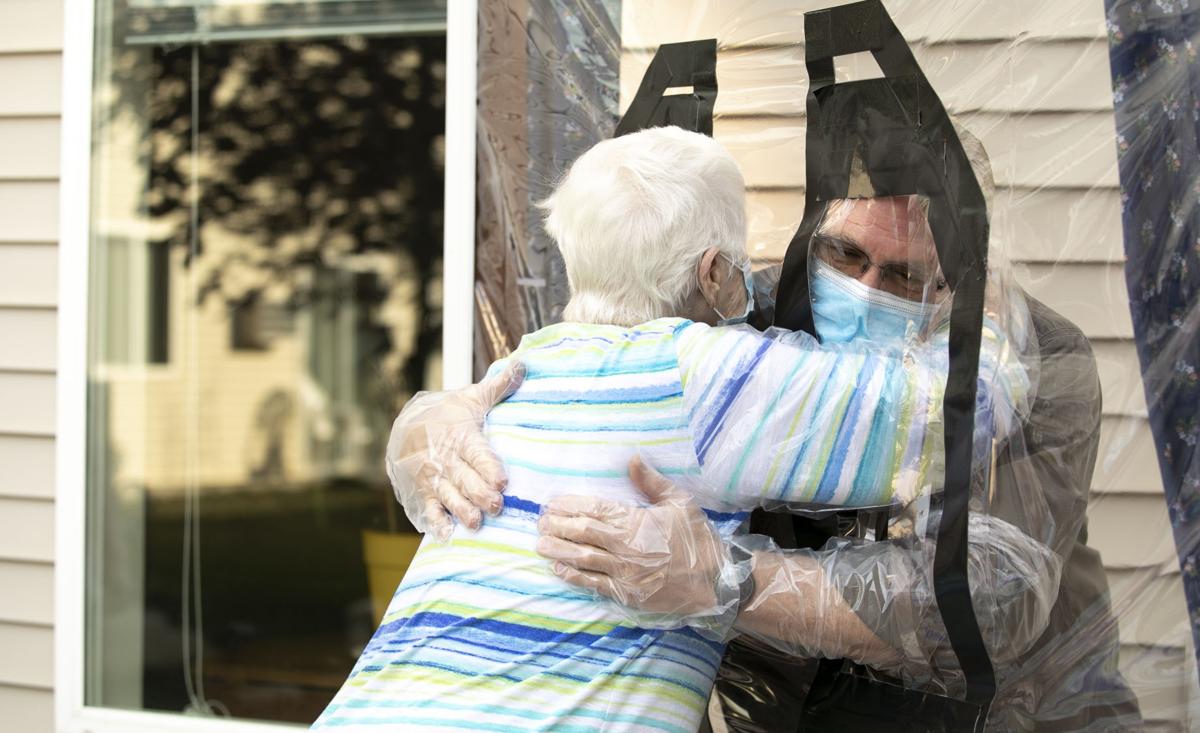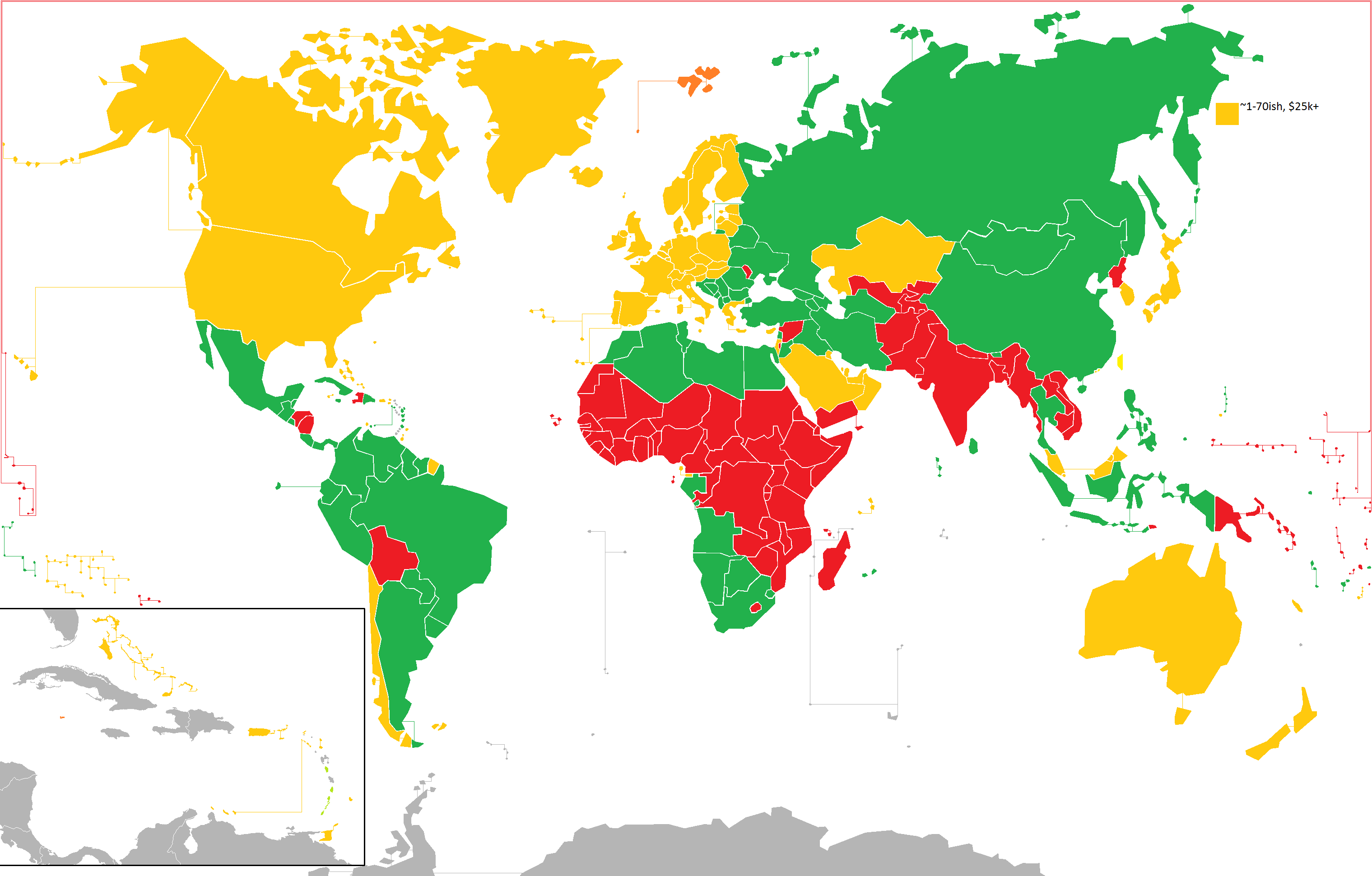By Jamil Chade
RIO DE JANEIRO, BRAZIL – (Opinion) Last week, stock exchanges worldwide were told that in 2020 AstraZeneca had revenues of US$27 billion and doubled its profit compared to 2019. A few days ago, according to financial newspapers, Pfizer was projecting that sales of its covid-19 vaccine would yield US$15 billion in revenues.

All over social media, selfies abound of genuinely happy and emotional families toasting the arrival of a vaccine in the arms of grandmothers and grandfathers brimming with plans. The very human embrace that we have for amost a year been longing for, seems increasingly close. The embrace that, in the absence of words, replaces an entire dictionary of love.
This embrace, however, runs the risk of being the privilege of only a portion of humankind. A glance at the vaccine distribution figures is enough to understand that the concept of a common planet is still a distant dream of a necessary utopia.
A total of 181 million doses of vaccines have already been distributed worldwide. An achievement, no doubt. For the first time in history, the development of a vaccine was achieved while international bodies built a mechanism to ensure that mistakes of the past would not be repeated. In other words: innovation and science could reach everyone and not just a minority on the planet.
Behind the scenes, experts and officials of poorer governments rolled up their sleeves to prepare distribution in places where electricity, roads and water are lacking. All of this occurred. But something crucial was missing: solidarity, limited to diplomatic speeches and locked away in piled vaults in warehouses in only a few countries in the world.
The issue of vaccine distribution led the UN Security Council to hold an emergency meeting last Wednesday, because world peace is at stake.
Moral failure comes in high doses. A mere 10 countries have received the equivalent of 75% of these immunizers -20% of the total in the US alone.
Another 130 countries are still waiting for the first dose, in a line now totaling 2.5 billion people. At the current rate, the world will only be able to vaccinate 70% of the planet’s population and achieve herd immunity within 4 years and 9 months.
For the distribution mechanism to work and for the disparity to be the target of deep transformation, the world needs US$27 billion in 2021. The figure is high. But it is only a fraction of the US$11 trillion injected by governments to save their economies during the pandemic.
Between 2008 and 2009, during the financial crisis, the U.S. Treasury allocated US$204 billion to save the nation’s banks. JPMorgan Chase & Co alone received the equivalent of what the world needs today to secure a vaccine for billions of people. But in the case of banks, approval of funding was guaranteed. After all, it was the financial system that was being saved, not mere lives.

We also learned, in these first months of vaccination, that contract confidentiality is more important than transparency with public money.
In heated debates between governments, we heard from diplomats that intellectual property remains in force, despite the bodies piling up, and that breaking the monopoly for global vaccine production is not a rational path.
We were confronted with governments that, while delivering humanist speeches through the virtual diplomatic halls, choose to place limits on vaccine exports.
I ask myself: what if they were on the other side of the border, what would they do? And what if they were not the owners of the vaccine monopoly?
In short, how do they define humankind?
Eça de Queirós decoded the boundaries of this notion in one of his texts collected in “Family letters and notes from Paris”. He reminds us that humankind “consists mainly of that portion of men who reside in your neighborhood.”
“All the others, as they move away from this privileged center, gradually distance themselves also with respect to their sentiment, so that at the farthest we can barely distinguish them from inanimate nature,” he wrote in the late 19th century.

But today, what would our neighborhood be exactly? Faced with a virus that used the same channels as virtuous globalization to reach the whole planet, that boundary of who is part of humankind or not has been blurred from the maps. Eça de Queiroz’s era of the infinite world of the prevailing mentality of reality has come to an end, if it ever existed.
For me to survive, my enemy needs to be vaccinated. For the wealthy city of Zurich to be safe, Ouagadougou needs to receive vaccines. For mistresses to sleep protected from a potential new virus strain, the ladies who stay up all night looking after their children need to be vaccinated.
The reality is that the vaccine has prompted the planet to take a selfie. But the reflected image is of a shapeless, unfair and selfish society.
Today, Charles Darwin is being jolted. Not by creationists rejected even by the Vatican or flat-earthers who have plummeted into the intellectual abyss. But by a moral imperative that the future of society can neither be left to the survival of the fittest nor to the crude and cruel rules of the market.
The virus -and now the vaccine- unveil what the member of the French resistance in World War II, Jean Bruller, had already noted. “Humanness is not a state to which one ascends to. It is a dignity that is earned.”
Source: UOL

